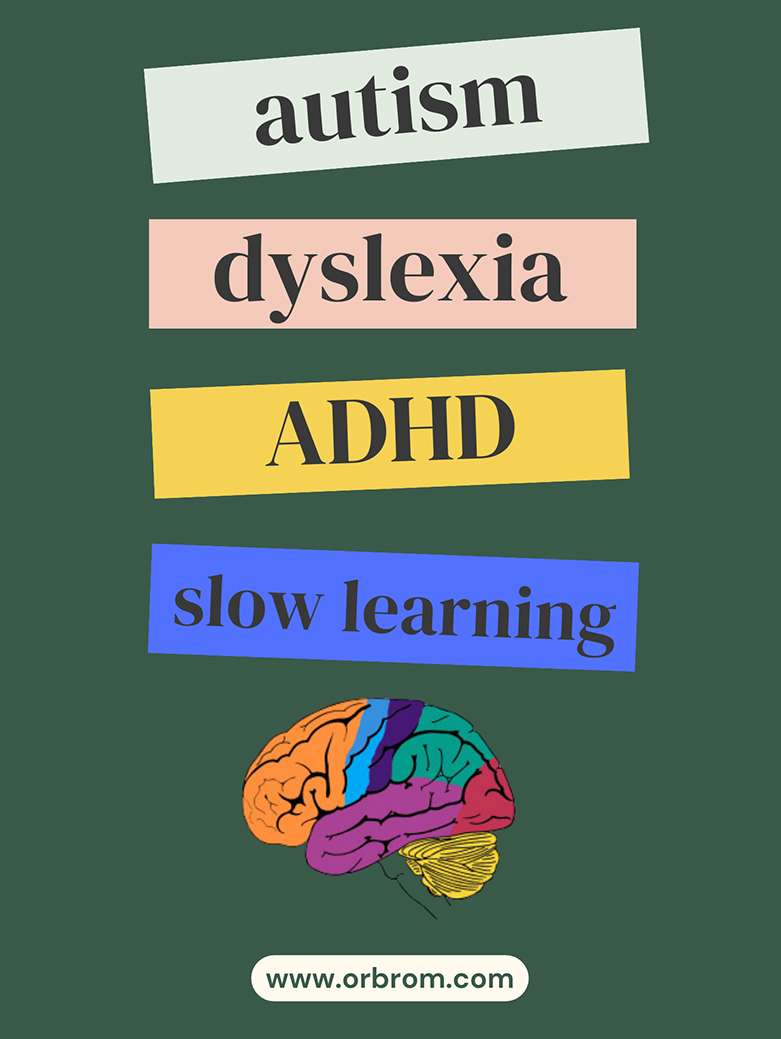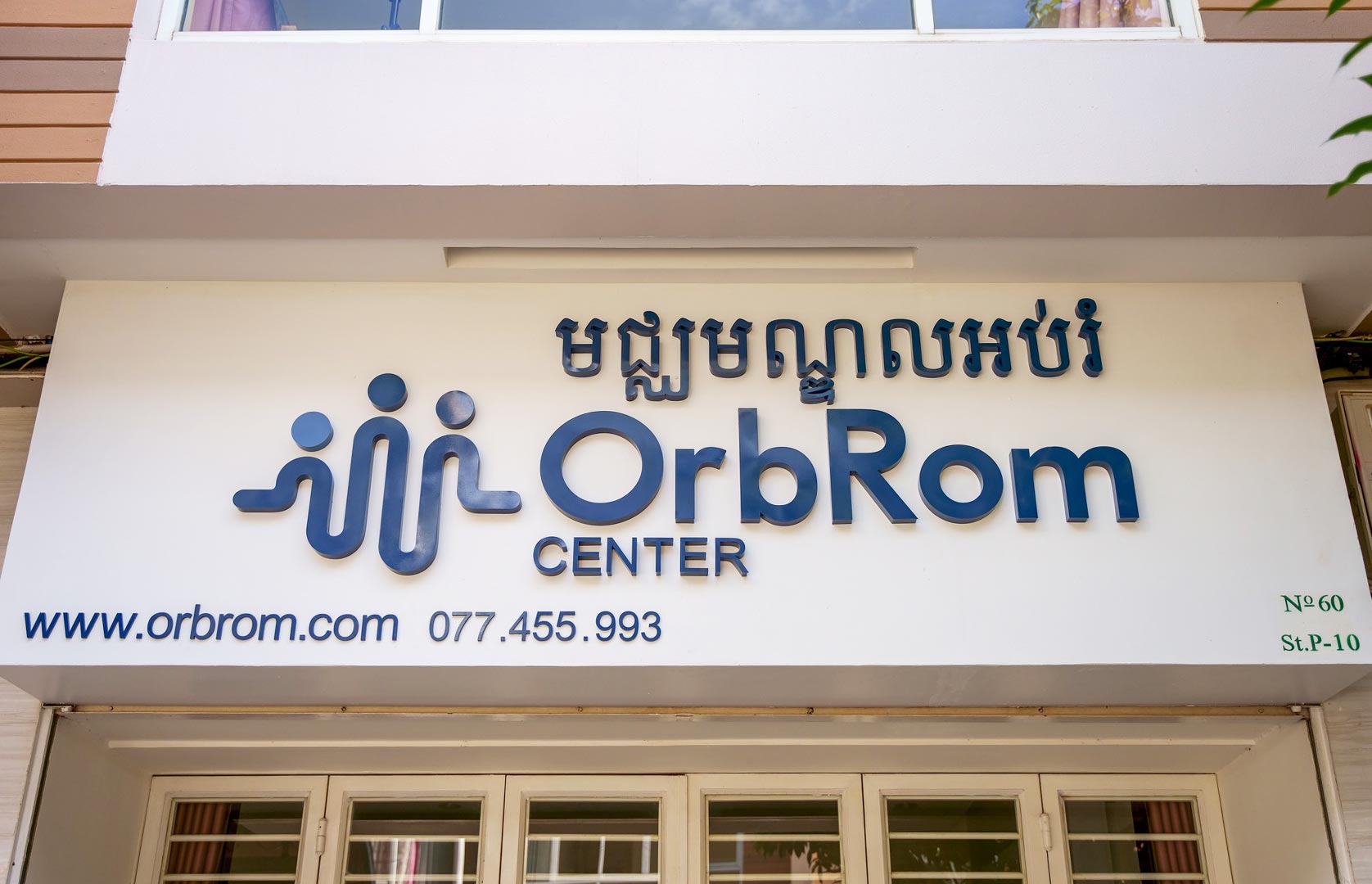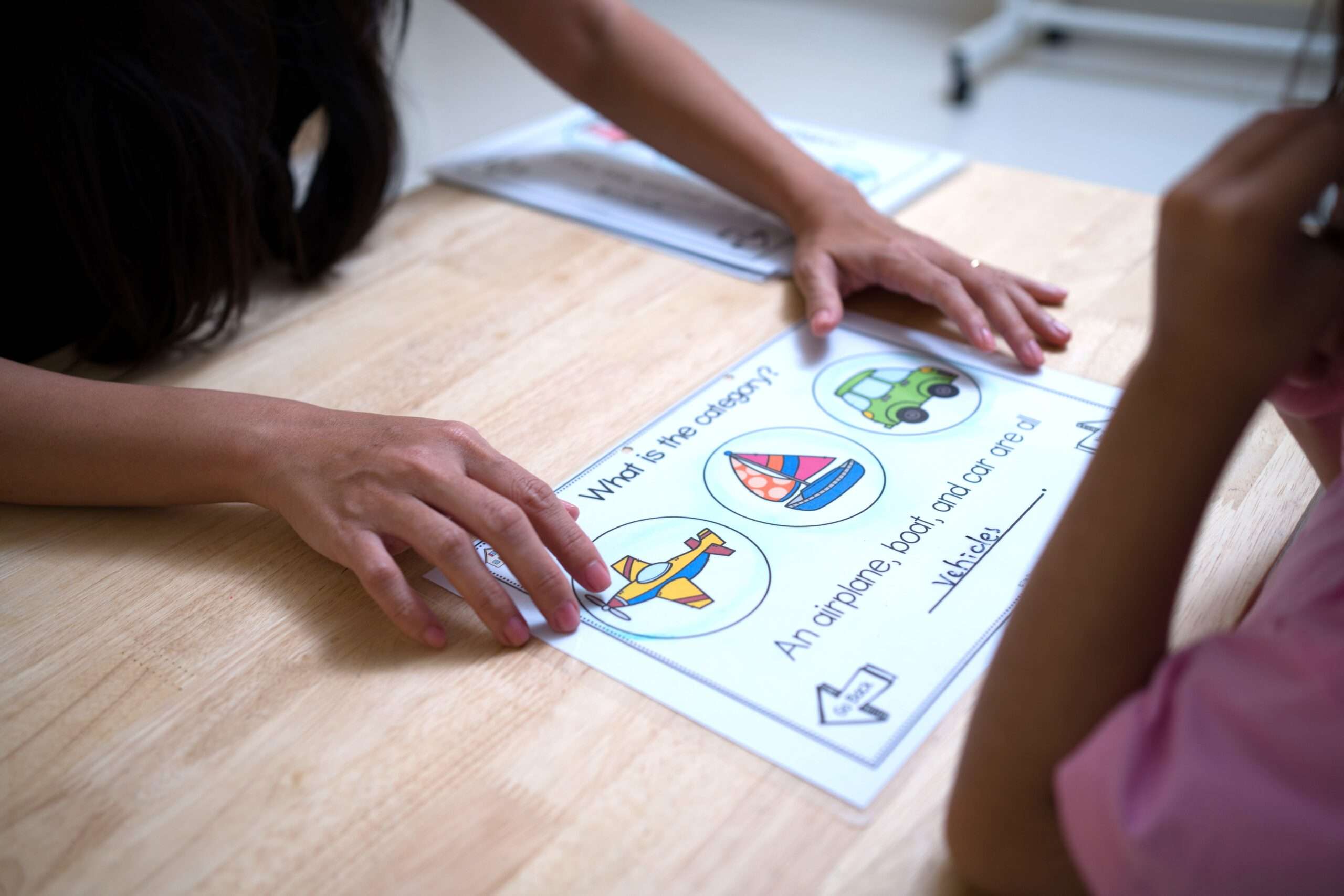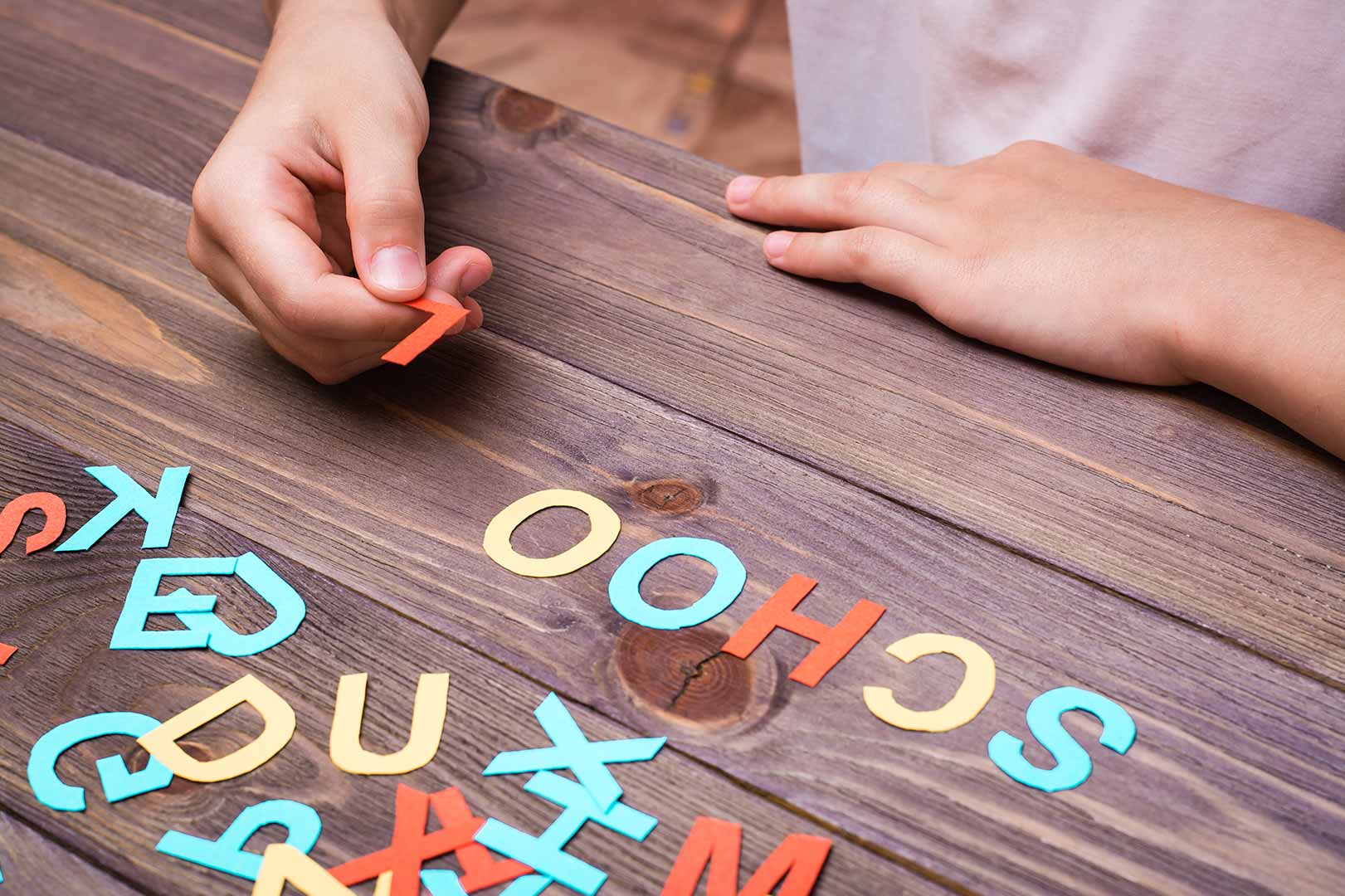Special education is a broad term encompassing a variety of educational practices and services designed to address the unique learning needs of students with disabilities. It’s not a one-size-fits-all approach; instead, it emphasizes individualized instruction and support to ensure every child reaches their full potential.
Who Benefits from Special Education?
Students eligible for special education services come from a wide range of backgrounds and have diverse needs. Some common qualifying conditions include:
- Learning disabilities: These can manifest in difficulties with reading, writing, math, or language processing. Examples include dyslexia, dysgraphia, and dyscalculia.
- Developmental delays: This refers to slower development in areas like communication, social skills, motor skills, or cognitive abilities.
- Attention deficit hyperactivity disorder (ADHD): Students with ADHD may struggle with focus, hyperactivity, or impulsivity, impacting their learning.
- Autism spectrum disorder (ASD): Individuals with ASD may exhibit challenges with social interaction, communication, and repetitive behaviors. Special education programs can provide structure and support for their learning needs.
- Emotional and behavioral disorders (EBD): These conditions can manifest in depression, anxiety, or disruptive behavior, requiring specialized interventions to promote emotional well-being and learning.
- Physical disabilities: Students with physical limitations may require adapted learning materials or assistive technologies to participate fully in the classroom.
The Core Principles of Special Education
- Individualized Education Program (IEP): This legal document outlines a student’s specific needs, goals, and the educational services they will receive. Developed collaboratively by parents, teachers, and specialists, the IEP ensures a personalized learning approach.
- Least Restrictive Environment (LRE): The goal is to provide education in the general education classroom with supplemental supports whenever possible. This promotes inclusion and allows students to learn alongside their peers. Specialized settings like resource rooms are utilized when necessary.
- Differentiated Instruction: Effective special education programs utilize various teaching methods, materials, and assessments to cater to different learning styles and abilities.
- Collaboration: Special education necessitates collaboration between parents, teachers, therapists, and other professionals to ensure a cohesive learning experience for the student.
The Impact of Special Education
Special education programs play a vital role in bridging the gap for students with learning differences. By providing targeted support, these programs can empower students to:
- Develop academic skills: Through individualized instruction and accommodations, students with disabilities can gain mastery over core academic concepts.
- Enhance social skills: Special education programs can provide opportunities for social interaction and emotional learning, fostering positive relationships with peers.
- Increase self-confidence: When students can achieve their academic goals and participate meaningfully in school, it bolsters their self-esteem and confidence.
- Prepare for the future: Special education programs can equip students with the skills and knowledge they need to be successful in further education or future careers.
Conclusion
Special education is a valuable resource that ensures every student has the opportunity to thrive in the learning environment. By providing personalized instruction, support services, and a collaborative approach, special education empowers students with disabilities to reach their full potential and contribute meaningfully to society.








Leave A Comment